Mervin Malonzo is not a household name, but to the people that follow his work he almost could be. Mervin is a comic book artist based here in the Philippines, producing books like Pakikisalamuha, Ang Subersibo, and Tabi Po, the last of which garnered a National Book Award. Rob Cham personally describes him as “one of the best dang local artists here.”
But if you’re not part of this currently niche industry, you wouldn’t probably know him and his work. Our image of local comic book artists stretch thin. There are a lot of local comic book artists that deserve the same attention and recognition as their counterparts in other countries, but how come they aren’t as commonplace? With the help of the internet, Mervin wants to change all that. We talk to Mervin about himself, his work, and his initiative to bring awareness about local comic books.
First thing I want to talk about is Haliya Publishing. How did it start?
I wanted to start self-publishing but I do not want it to be just me.. I want a new brand for it so that later on I could help other authors and artists publish their work under that brand. I have a friend who was interested in the idea. Her name is Aliyah Luna. So I talked to her about it and she wanted to help out. She’s there to sort out some stuff I am not familiar with. So it’s perfect. I then reached out to Adam David for an idea I have that became the newly-released teks-serye that I wanted to produce under Haliya. And I thought why not include him in the whole Haliya Publishing thing. So I set up a meeting with all three and we wanted to push through with it at the end. So that’s how it became the three of us.
I always wanted to explore self-publishing but my end goal is to create a brand that is more artist-centric, to help artists/creators like myself to increase readership reach. My first attempt to this venture is putting my previous digital work entitled “The Friendzone” to print; it was released in Elbikon last February.
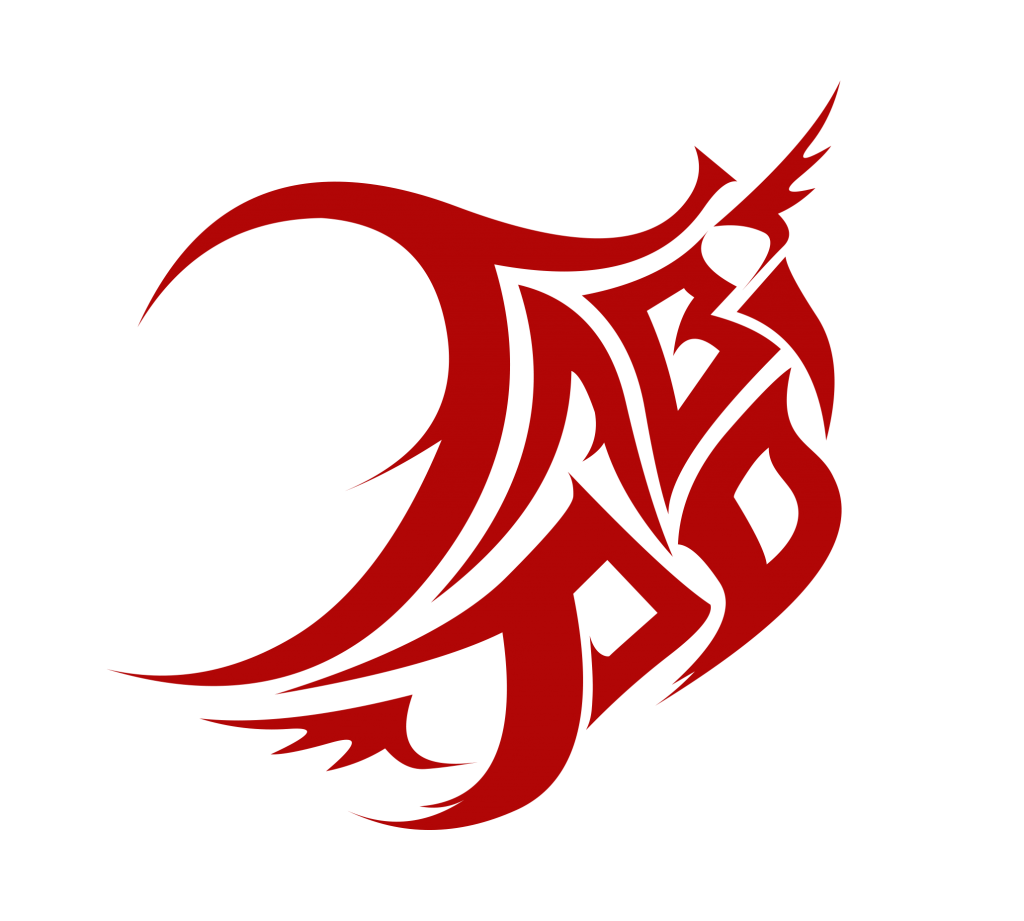
Haliya is described as “artist-centric.” Can you explain what that means to you in relation to what you want to achieve in Haliya?
It is created by artists for artists. Haliya Publishing aims to publish work which are diverse in topic, intellectually arresting, and contractually fair, making it more sustainable for creators.
I was just talking to Rob Cham about the local komiks scene and it struck me how hard it is for artists to get their name out there. How did you get your “big break” so to speak? Or do you think you haven’t yet?
It all happened organically. I wanted to pursue this comic book idea that’s been in my head for ages. To do so, I had to resign from my full-time job and make ends meet through freelance work, all for the love of comics. I started publishing my comic book series Tabi Po as a free webcomic in 2010. It slowly gained its loyal readers which eventually translated the demand for print. Visprint released the print version in 2014, but the website remains accessible to anyone for free.
[pull_quote]“If your work is of good quality, it will be talked about.”[/pull_quote]
How long ago was this?
2010 was the first isyu of Tabi Po in the website. I guess my advice in getting your name out there as an artist is not to focus on your name but on the thing that you are creating. If your work is of good quality, it will be talked about.
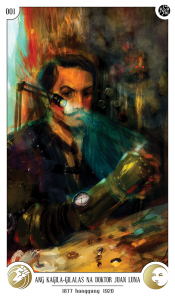
How would you describe your style?
For Tabi Po, I developed a style that I can do quickly. It’s all rough pencils and splashes of colors, keeping the traditional look despite the digital medium. I wanted it to be different from any other existing work; cleanly inked and are mostly in English. So I developed a style that’s bursting with colors, very rough and sketchy, and in Filipino. As for my other projects, I tend to use different art styles to fit the concept. For example, in Ang Subersibo which is an adaptation of Rizal’s Noli Me Tangere and El Filibusterismo, I made an effort to make it to look as if Rizal actually drew it, so I studied his drawings online and then emulated his style.
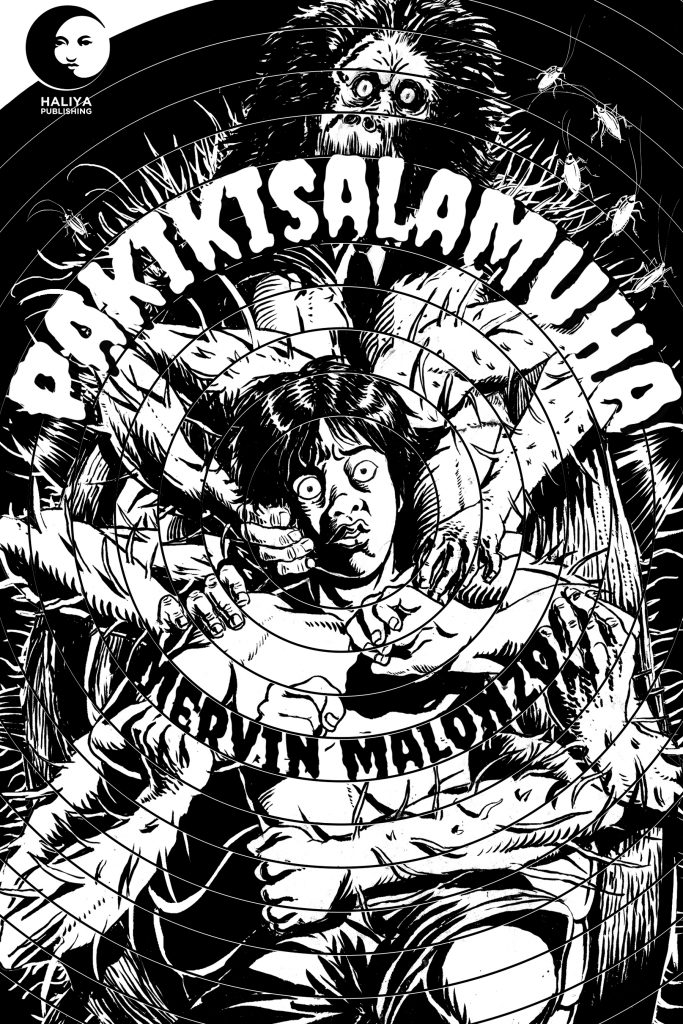
When you draw, how much is it drawing for yourself and how much is it drawing for an audience? If you are writing for an audience, what kind of audience do you have in mind?
I never thought that I am drawing for an audience with my comic projects. The only times that I think of the audience while drawing is for freelance illustration jobs. With komiks, I let myself be free and simply enjoy the process of exploring different styles. Luckily, people seems to appreciate what I’ve accomplished so far.
As you said a while ago, if your work is of good quality, it will be talked about. Does this mean you don’t delve into marketing yourself or pursuing some kind of plan on how to “package” your body work?
At first, my focus is to simply create, just like any other artist. Although I do share my work in various social media platforms, it was not for the purpose of “marketing” but to simply show my work to other. But now with Haliya Publishing, I make sure that my posts are creative, engaging and easily shareable.
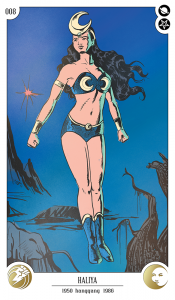
Do you see yourself making komiks full-time in the future?
I can say that this year, I am making komiks full-time. This is really what I wanted to do for the longest time. I want to minimize doing freelance work that consumes most of my time. So I am slowly transitioning into self-publishing and marketing my own work. I also made all my books and merchandise easily available online through mervstore.com. There’s still a lot of work to be done to translate my passion for comic creations into a full-time work but I am getting there.
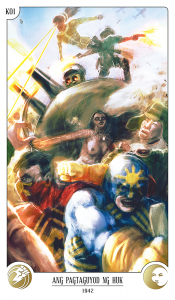
Is self-publishing also the way for other artists, especially those that are still starting out?
It’s a good way to start putting your work out there and gain readers, but I understand that not everyone may have the capacity to publish their own work. But if you do decide to pursue this option, then also be ready to put in much time and effort to complete an entire book. That means, learning how to design and layout the entire book, finding printing companies, marketing and distribution.
Let’s talk about the works that you’ve done.I want to ask more about the Filipino aspect—what draws you to writing about Filipino folklore and Filipino characters in general?
As a Filipino, I take pride in my own culture. My intention to revive the interest of my countrymen in consuming work that is proudly ours. I wanted to bring back the Filipino komiks of my childhood. Mas natural kasi sa akin ‘yun, magbasa at magsalita in Filipino. That time, most of the komiks are in English and I can’t help but wonder if we’re starting to lose our native tongue. So I wanted to create something to help revive our love for folklore.
[pull_quote]”Making komiks is like a puzzle—what’s the best way to tell this story using words and images?”[/pull_quote]
What got you into drawing? What drew you to making komiks as a medium in particular?
I enjoy drawing since I was a child. It gives me joy to create something that isn’t there before. I love drawing and I also love creating stories. And the komiks medium is the best way to put those two interests together. Making komiks is like a puzzle—what’s the best way to tell this story using words and images? It’s fulfilling to find the best solution to solve that puzzle. Creating komiks is like learning a new language.
I never saw it that way! One more question: what’s the difference between comics and komiks?
I want to use komiks when talking about the local comics, just like how we use “manga” when we talk about Japanese comics.
Is there much of a difference between komiks of today and of the past?
Yes, it’s evident with the art style and subject of past.
Anything else you want to add?
I know it is long overdue, but Tabi Po Isyu 3 is scheduled for release in July.
You can find Mervin’s work at the following:
mervinmalonzo.com
tabi-po.com
mervstore.com
haliyapublishing.com
and Instagram: @mervinmalonzoart


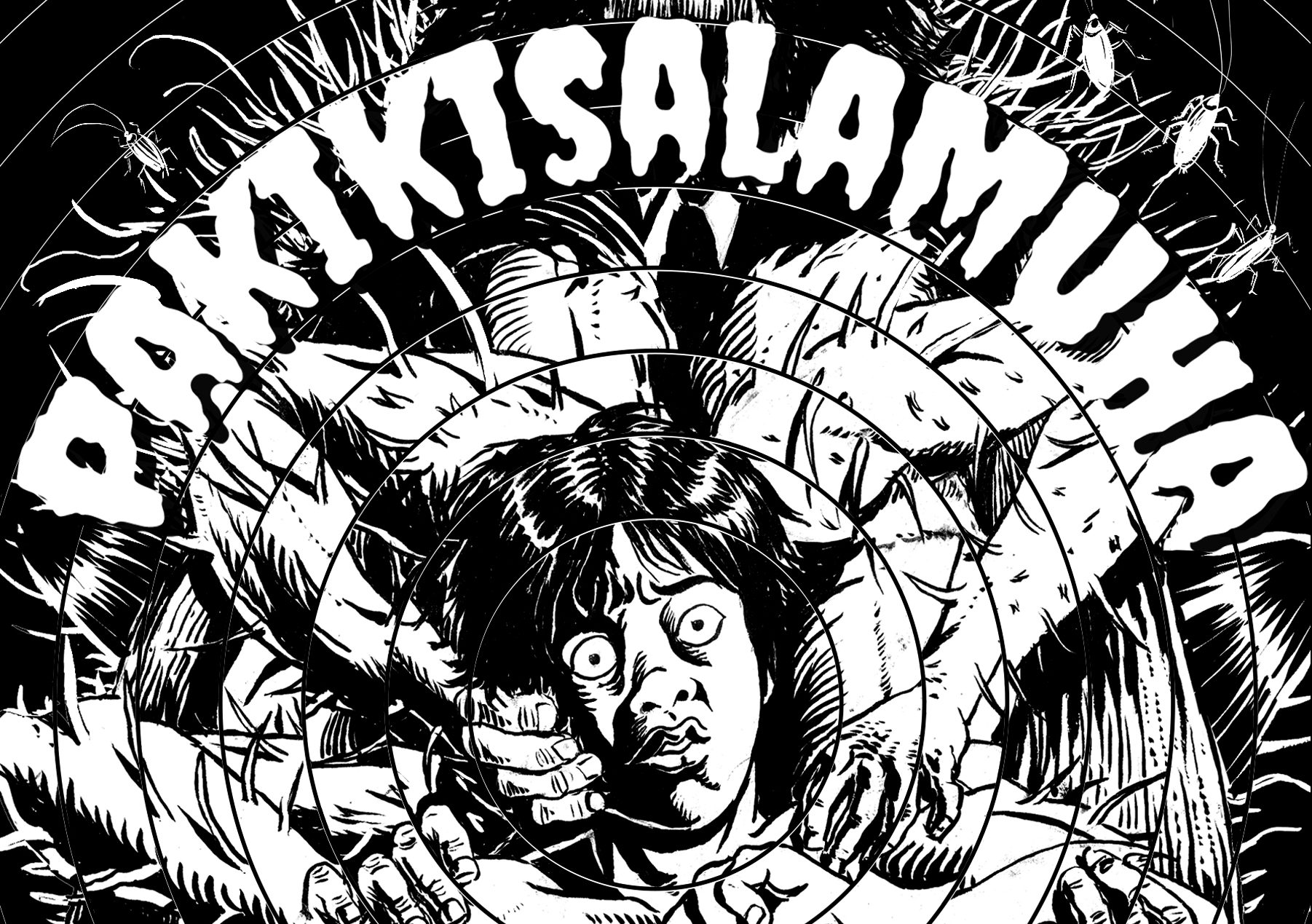















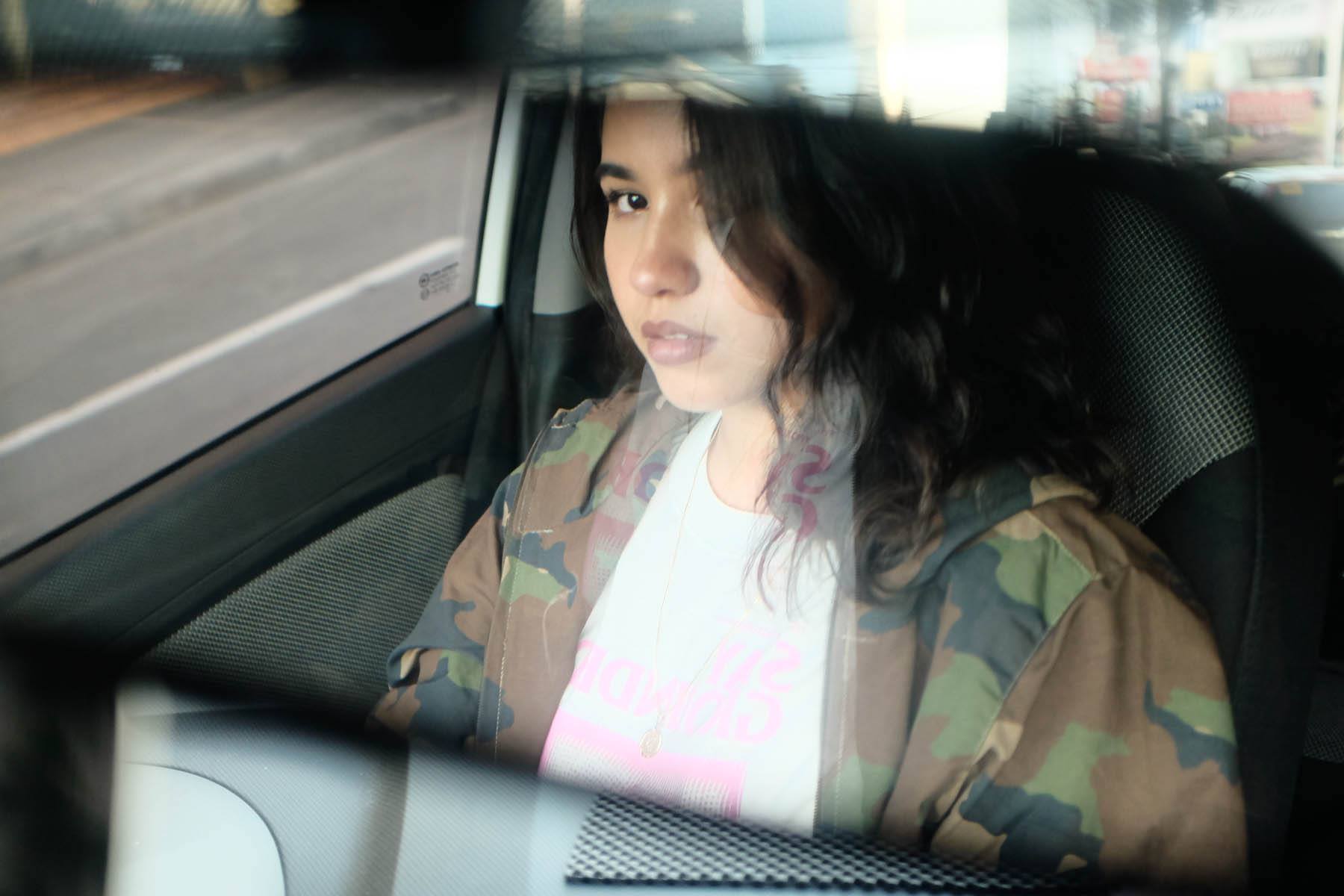






Comments